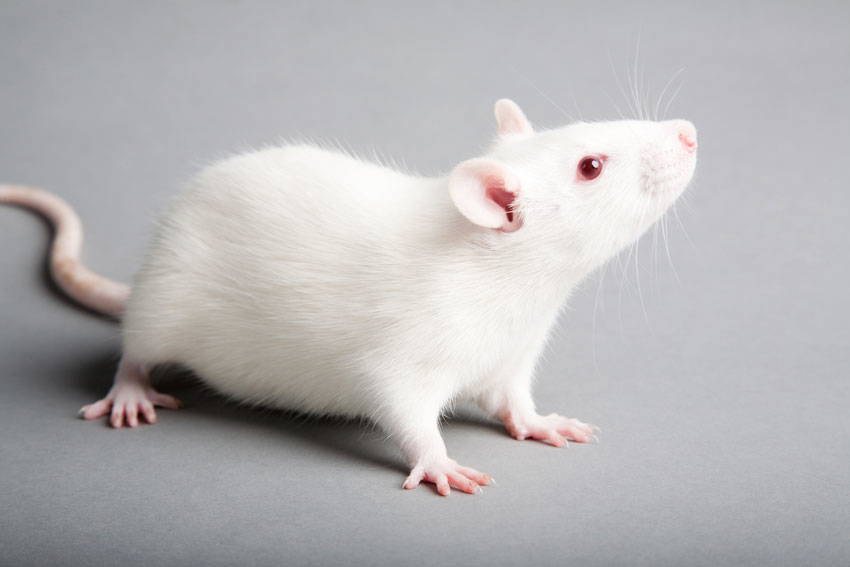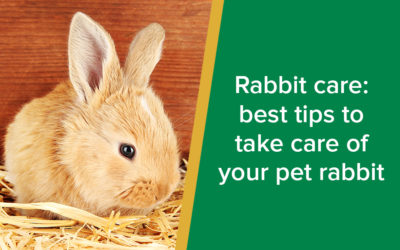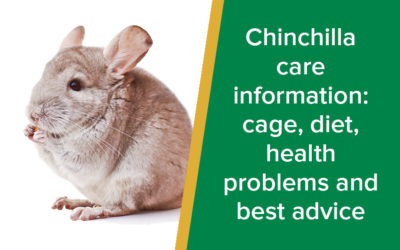Keep reading and you will find out all the rat care information you need to make your small furry friend happy. Rats are intelligent, clean and friendly rodents who make gentle, affectionate pets. They are nocturnal, and live for 2-2.5 years. Rats are social animals – they cannot be kept alone – but a pair, or group of the same sex, usually live happily together.

Rat Cage
Rats love to chew so a robust large wire cage is required (at least 50x80cm, and 50cm high) with a solid (not wire) floor so they do not damage their feet. The cage should have a dust free litter like shredded cardboard, and nest boxes with hay or shredded paper which they like to rearrange! Rats love to climb and explore, so different levels, hammocks, tunnels and places to hide are essential. Cages should be cleaned at least weekly, and have good ventilation, as a lack can contribute to respiratory disease.
Cages should be kept in a warm draught-free area, with no access from cats or dogs, which would cause fear and stress. Rats are sensitive to high frequency sounds, so rooms with computers or TVs should be avoided.
Daily play and handling with your rats makes them very friendly. They love interaction and can be trained as well – they enjoy learning new tasks for rewards.
Rat diet
They are omnivores and should be fed a specific pelleted diet for rats, and the occasional treat of fruit, vegetables, cooked egg or seeds, and fresh water should always be available. Muesli type diets can lead to obesity as your rats will only eat the parts that they like.
Most small pets do not cope well with sudden changes in diet, temperature or environment, so any changes must be introduced gradually to prevent stress and illness. Rats are prey species therefore tend to hide signs of pain or illness – watch for any change in appetite, droppings, exercise or normal play behaviour.
Health problems
Rats are generally robust pets but there are some illnesses to look out for :
- Mammary tumours – we need to examine any lumps on male or female rats. Many can be successfully removed with surgery
- Sore hocks – these can be caused by obesity, poor cage cleaning, or wire floors damaging the feet
- Respiratory illness – this can be quite serious, so any breathing problems must be checked out by the vets. High ammonia (from urine) can make this worse, so clean, well ventilated living quarters are essential
- Skin disease – if your rats are chewing or scratching their coats, they should be examined for parasites or wounds.


